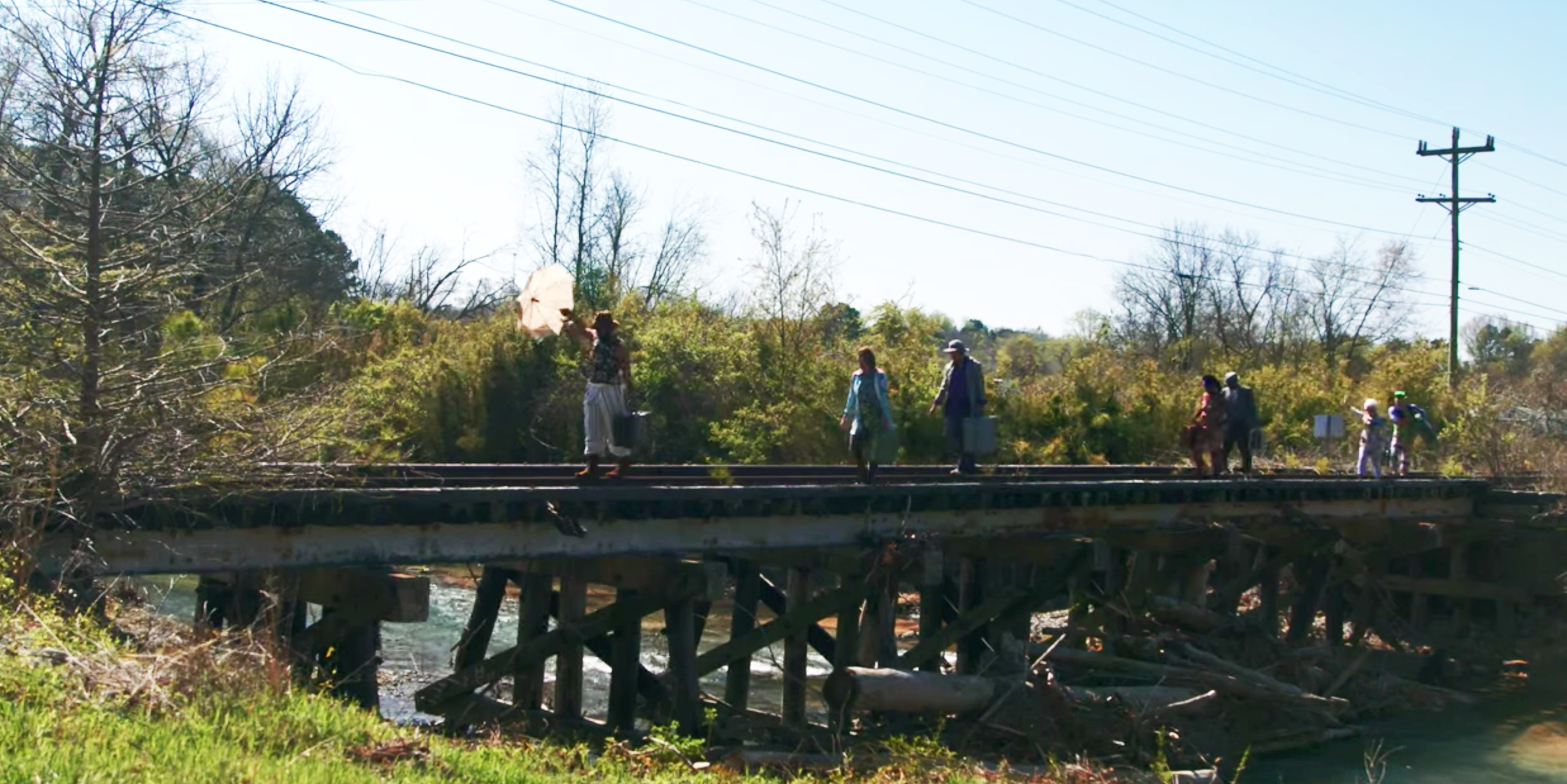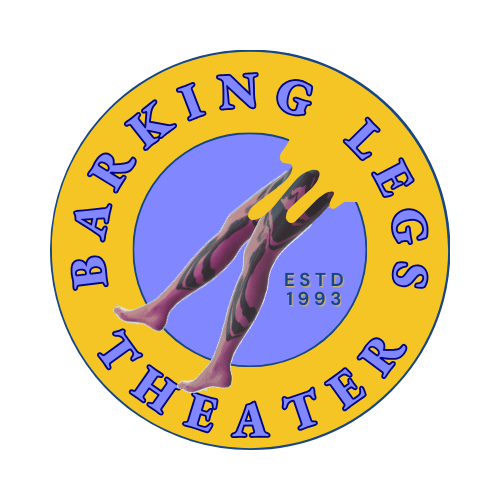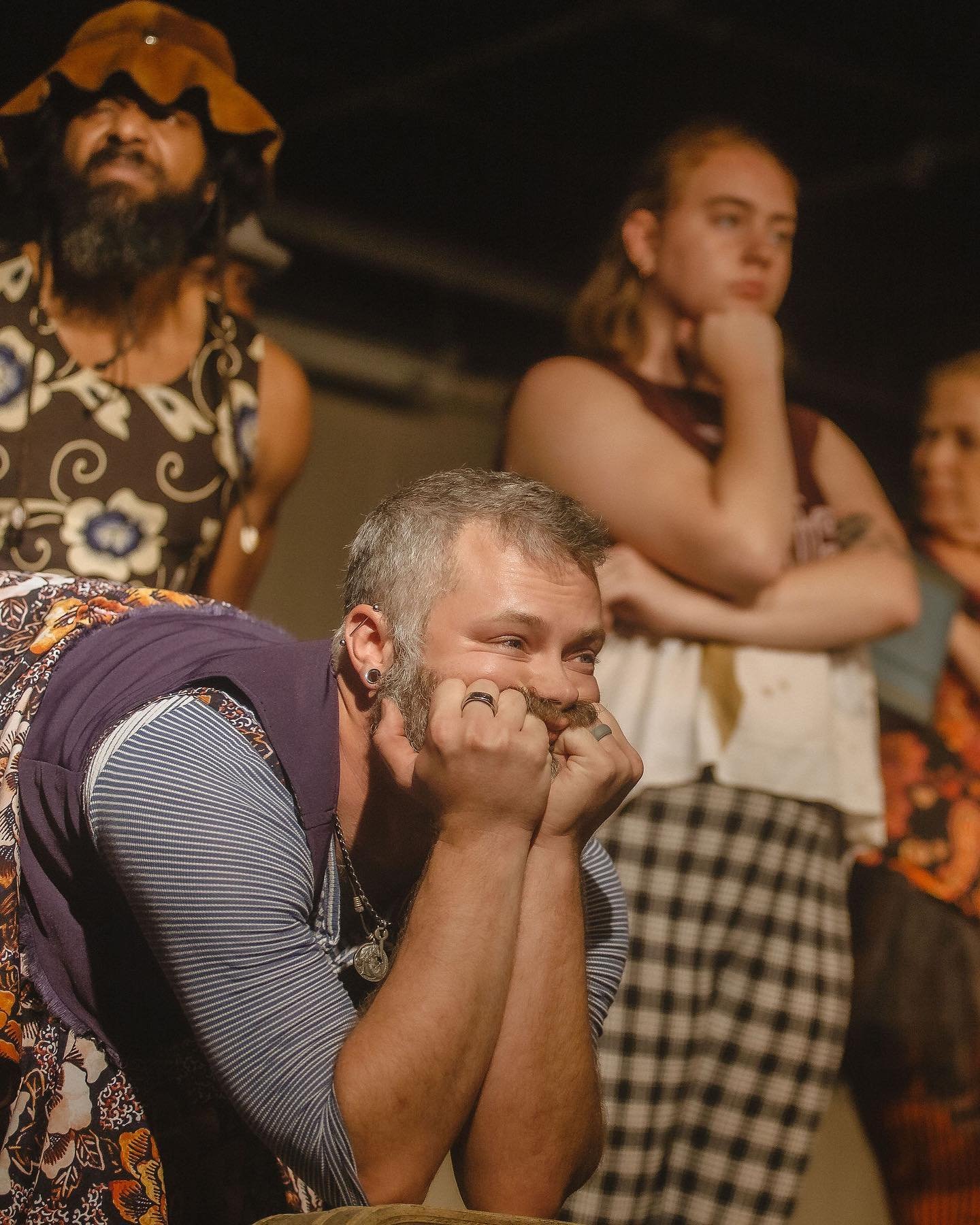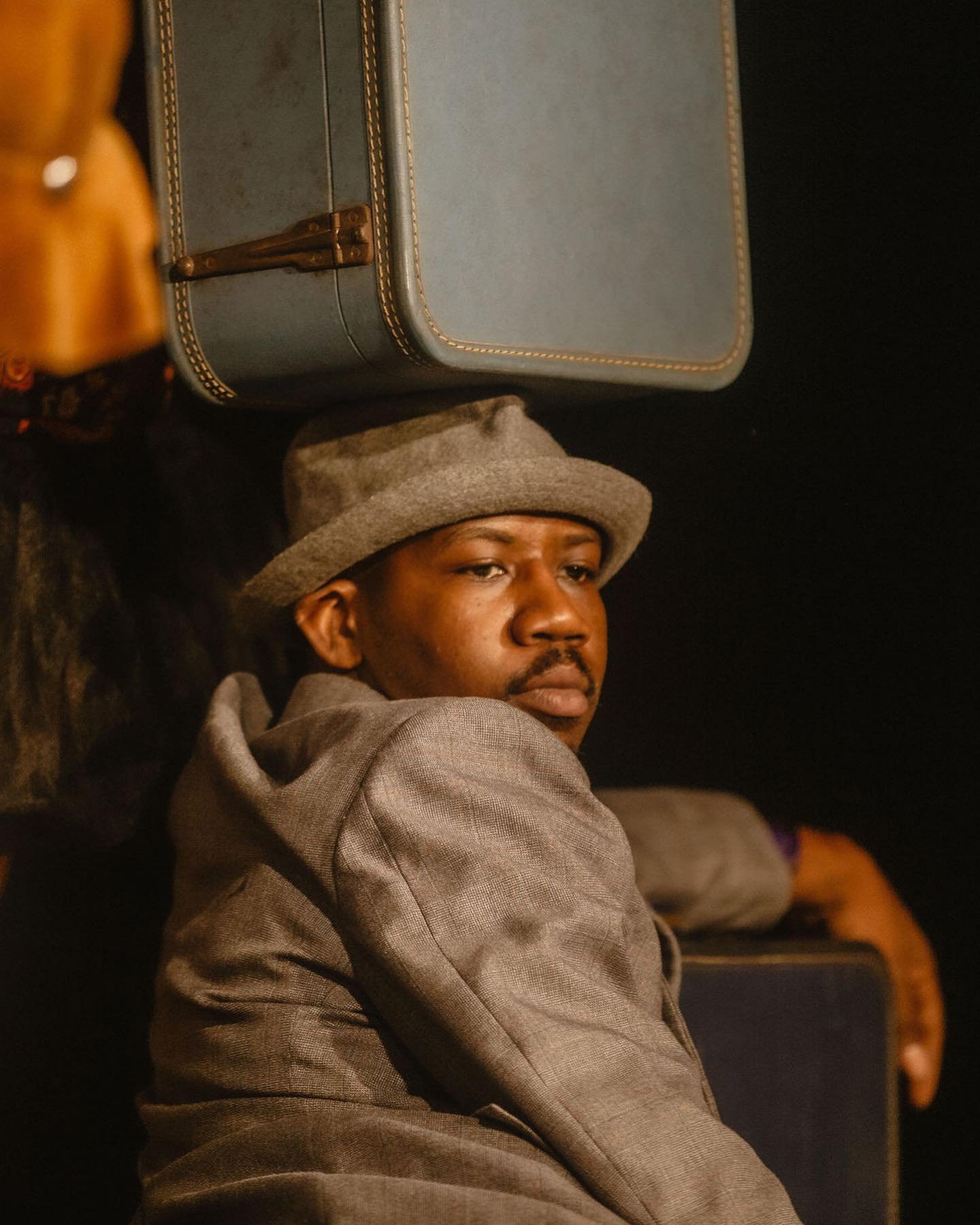
Tracing Abandoned Tracks
“Pardon me, boy, Is that the Chattanooga Choo Choo?”
Glenn Miller’s 1941 hit song “Chattanooga Choo Choo” begins with this racial epithet.
Upon realizing the racial lens through which the song was written, a local group of dance artists set out to research the civil war and racism within the American railroad industry—both nationally and in our own community.
The response to their findings is a dance film called Tracing Abandoned Tracks. Featured below is our modern and inclusive recreation of “Chattanooga Choo Choo”, intended to celebrate and honor the importance of artists and the art that can inspire community-led change on a grassroots level.
Tracing Abandoned Tracks Dance Film
The Process
In creating this dance film, Ann Law, founder and director of Barking Legs Theater, invited dance artists with community and historical ties that represent a current and diverse group of men and women of different races and backgrounds to come together and reimagine this song.
The group, named Collaborative Roots, set out to answer this question:
How do we create a future we all want
to live in?
A lot of pieces had to come together to answer that question and make the film comprehensive and reflective of the change the dance group is striving to make. CALEB Board Chair and Community Activist Michael Gilliland led local band Milele Roots, poet Marcus Ellsworth, and the dance artists in a discussion of the history of race and labor in America, which ultimately led to the original sound score.
In creating a new song, the line "pardon me" kept drawing the diverse group of artists to reflect on their own experiences, informing the creation of a new version that speaks to a more diverse present and future.
In creating a new song, the line "pardon me" kept drawing the diverse group of artists to reflect on their own experiences, informing the creation of a new version that speaks to a more diverse present and future.
Everyone ventured into learning and understanding how trains transformed the city of Chattanooga,
exploring the importance of place and imagining our urban landscape in more inclusive ways. The dance artists explored the historical implications of “Chattanooga Choo Choo” and the many present day parallels of injustice and systemic racism. This exploration allowed and inspired them to address barriers that disenfranchised communities in our city both have and still experience.
Through the lens of Chattanooga’s complex history with the railway system, this dance film explores ideas, music, movement, and the railroad tracks that have led to the present day.
These elements, along with five locations on the Tennessee, Alabama, and Georgia Line (TAG), helped create the dance film, Tracing Abandoned Tracks.
Art projects at Barking Legs Theater have continued to engage the artistic community and the community-at-large in addressing the barriers of perceived social, cultural, and environmental landscapes that have shaped our personal experiences. Tracing Abandoned Tracks is a creative placemaking project that reflects the community in which we live.
Tracing Abandoned Tracks was conceived and directed by Barking Legs Theater’s Ann Law and was joined by Chattanooga content creator and videographer Tane Hopper who captured the choreographic aspect of the project.
Collaborative Roots includes Move and Groove Kidz founders Aaron Cherokee and Monica Ellison; land surveyor and queer perfomer Kenny Keawekane; Crisis Advocate and queer artist Jessi Faircloth; physical therapist and Tai Chi instructor Beth Herring; digital archivist and hip-hop dancer Kenny KG Glatt; and dancer and actor Kyle Dagnan.
Tracing Abandoned Tracks is a creative placemaking project that reflects the community in which we live.
Tracing Abandoned Tracks was conceived and directed by Barking Legs Theater’s Ann Law and was joined by Chattanooga content creator and videographer Tane Hopper who captured the choreographic aspect of the project.
Collaborative Roots includes Move and Groove Kidz founders Aaron Cherokee and Monica Ellison; land surveyor and queer perfomer Kenny Keawekane; Crisis Advocate and queer artist Jessi Faircloth; physical therapist and Tai Chi instructor Beth Herring; digital archivist and hip-hop dancer Kenny KG Glatt; and dancer and actor Kyle Dagnan.




